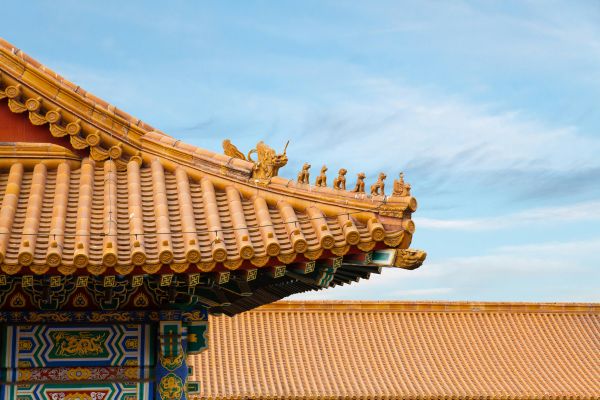
In January 2024, China’s Supreme People’s Court (SPC) announced the “Arrangement on Reciprocal Recognition and Enforcement of Judgments in Civil and Commercial Matters by the Courts of the Mainland and of the Hong Kong Special Administrative Region (HKSAR)” (hereinafter the “Arrangement”, 关于内地与香港特别行政区法院相互认可和执行民商事案件判决的安排), which came into effect on 29 Jan. 2024.
Previously, the HKSAR government had promulgated the “Mainland Judgments in Civil and Commercial Matters (Reciprocal Enforcement) Ordinance” (内地民商事判决(相互强制执行)条例), aiming to implement this Arrangement in the HKSAR through local legislation, which also took effect on 29 January 2024.
This marks the formal implementation of the Arrangement signed by the SPC and the HKSAR government in 2019, achieving the goal of basic full coverage of judicial assistance in civil and commercial matters between the two regions.
Under the new mechanism, courts in the Mainland and in Hong Kong can mutually recognize and enforce each other’s effective judgments in civil and commercial matters covered by this Arrangement, as well as effective judgments on civil compensation in criminal cases.
The new mechanism enables litigants to reduce or eliminate the need to litigate the same dispute separately in the Mainland and Hong Kong courts, thereby reducing the legal risks, costs, and time associated with potential parallel proceedings
Photo by Rafik Wahba on Unsplash
Contributors: CJO Staff Contributors Team









